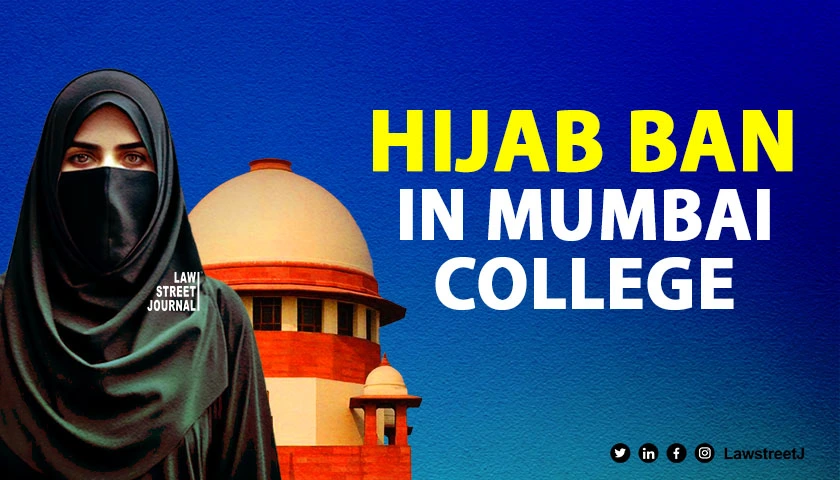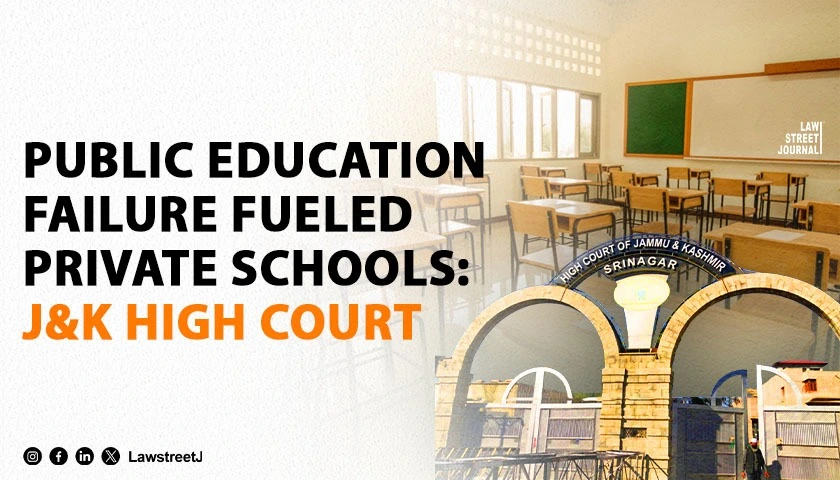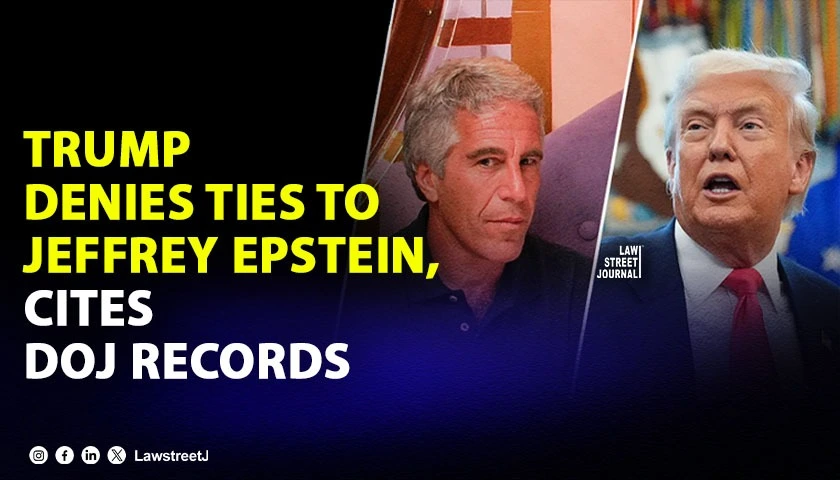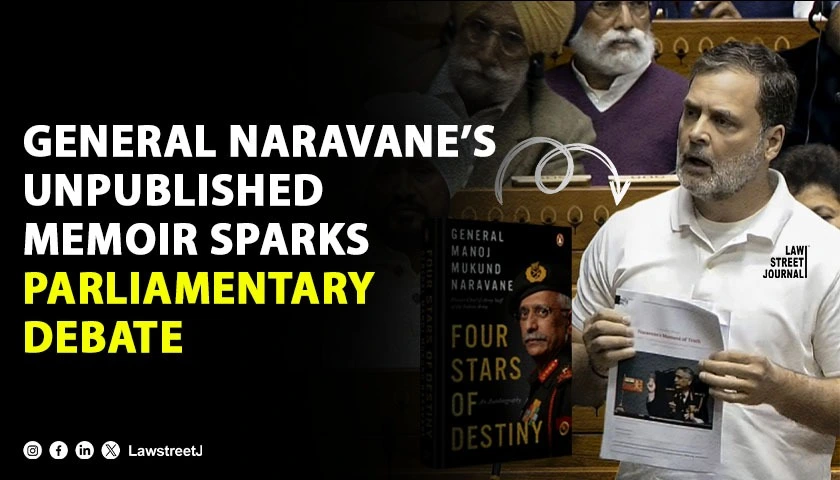NEW DELHI: The Supreme Court on Tuesday agreed to hear a plea filed by a group of college students against challenging the Bombay High Court's judgment upholding the ban imposed on a private college in Mumbai on the wearing of hijab, nakab, burkha, cap, etc by students on its campus.
In their plea before the top court, students contended that the dress code was arbitrary and discriminatory and the college was wrong in its order in trying to impose a dress code.
"The code infringes upon their right to choose their attire, their right to privacy, and freedom of expression under Article 19(1) (a) and their right to freedom of religion under Article 25 of the Constitution," they said.
Their counsel asked the apex court to list the matter due to urgency.
"The unit tests will take place soon, please list it," the counsel submitted.
A bench of Chief Justice of India D Y Chandrachud and Justices J B Pardiwala and Manoj Misra told the petitioners counsel that the matter would be taken up soon as the case has been assigned to a bench.
"I have already assigned a bench to hear the matter and that it would be listed soon in the coming days," the CJI told the counsel for the petitioners.
The authorities of the N G Acharya & D K Marathe College, in Mumbai prescribed a dress code prohibiting their students from wearing hijab, nakab, burkha, stole, cap, etc, on campus.
Nine female students challenged this dress code before the Bombay High Court.
The HC's bench of Justices A S Chandurkar Rajesh S Patil had on June 26 refused to entertain the plea.
The HC had said that the insistence for following the dress code is within the college premises and the petitioners' freedom of choice and expression is not otherwise affected.
Thereafter, the students moved the top court by filing an appeal before it by challenging the HC's order.
The petitioners contended the dress code and the restriction on hijab, nakab, burka etc in the campus violates their fundamental rights.
As per the code, the dress of the students is expected to be formal and decent and should not reveal the religion of any student.















